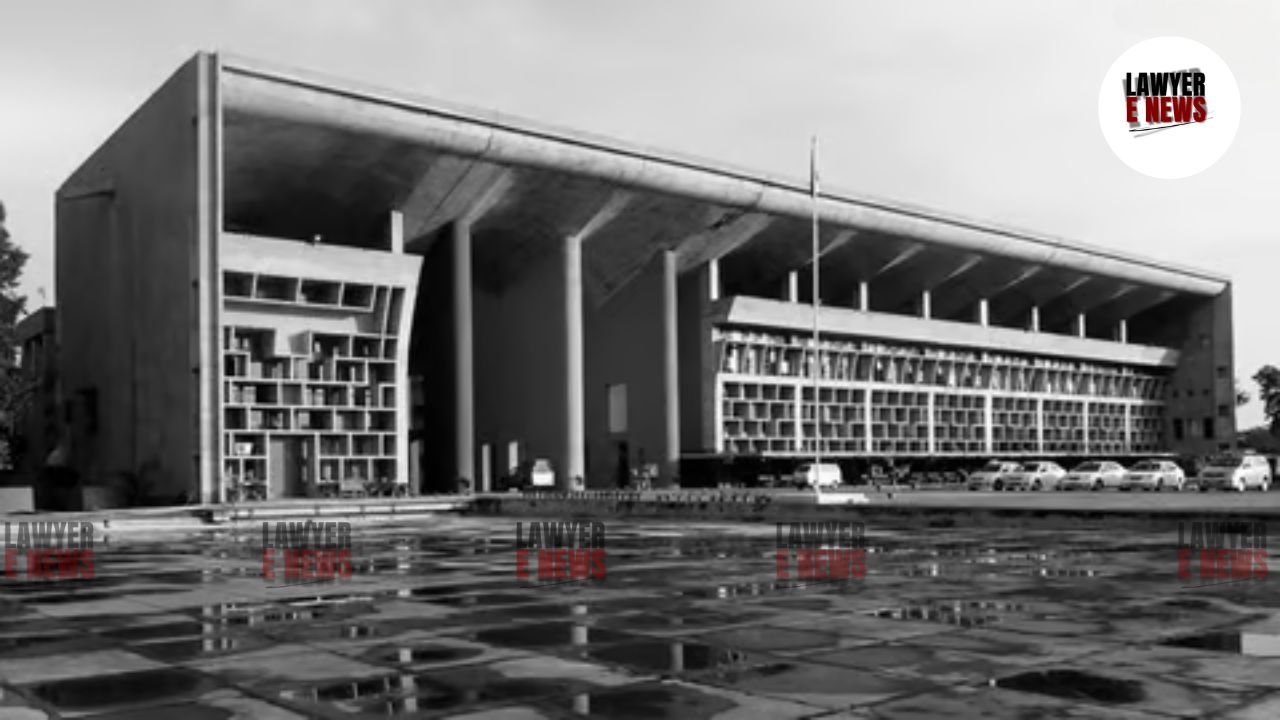-
by Admin
15 February 2026 2:36 AM



In a significant ruling, the Punjab and Haryana High Court quashed the reassessment proceedings initiated by the Income Tax Department against Dinesh Singla for the assessment year 2013-14. The Court, presided by Justices Sanjeev Prakash Sharma and Sanjay Vashisth, held that the reassessment was based on a mere change of opinion rather than any new tangible material, thereby rendering the proceedings invalid.
The case revolves around a land transaction undertaken by Dinesh Singla in 2012. Singla purchased 92 kanals and 2 marlas of agricultural land from three individuals and subsequently sold the land to DSS Mega City Projects. During the initial assessment for the 2013-14 fiscal year, the land was classified as agricultural and thus not subject to capital gains tax under the Income Tax Act, 1961.
However, in 2020, the Income Tax Department issued a notice under Section 148, alleging that the income related to the transaction had escaped assessment, prompting a reassessment. This reassessment order included significant additions, treating the income as business income rather than agricultural income, leading Singla to challenge the notice.
The High Court critically examined the basis for the reassessment and found that the original assessment had already considered all relevant facts, including the nature of the land and the income derived from its sale. The Court emphasized the principle established by the Supreme Court in CIT vs. Kelvinator of India Ltd., which prohibits reassessment based solely on a change of opinion without new tangible material. The Court observed:
"One must treat the concept of 'change of opinion' as an in-built test to check abuse of power by the assessing officer. Hence, after 1-4-1989, the assessing officer has power to reopen, provided there is 'tangible material' to come to the conclusion that there is escapement of income from assessment."
The Court noted that the reassessment was initiated without any new evidence or material that was not available during the original assessment. The initial assessment in 2016 had concluded without any additions related to the agricultural land transaction, and the reassessment failed to introduce any new facts or findings that would justify reopening the case.
The Punjab and Haryana High Court’s decision to quash the reassessment order reinforces the judicial principle that reassessment cannot be used as a tool for merely re-evaluating the same facts with a different perspective. The ruling is significant for taxpayers, as it underscores the necessity of new tangible material for any reassessment to be valid under the Income Tax Act.
Date of Decision: September 2, 2024
Dinesh Singla vs. Assistant Commissioner of Income Tax
